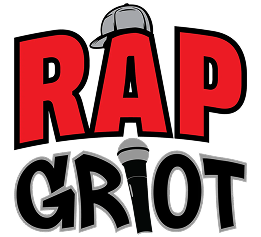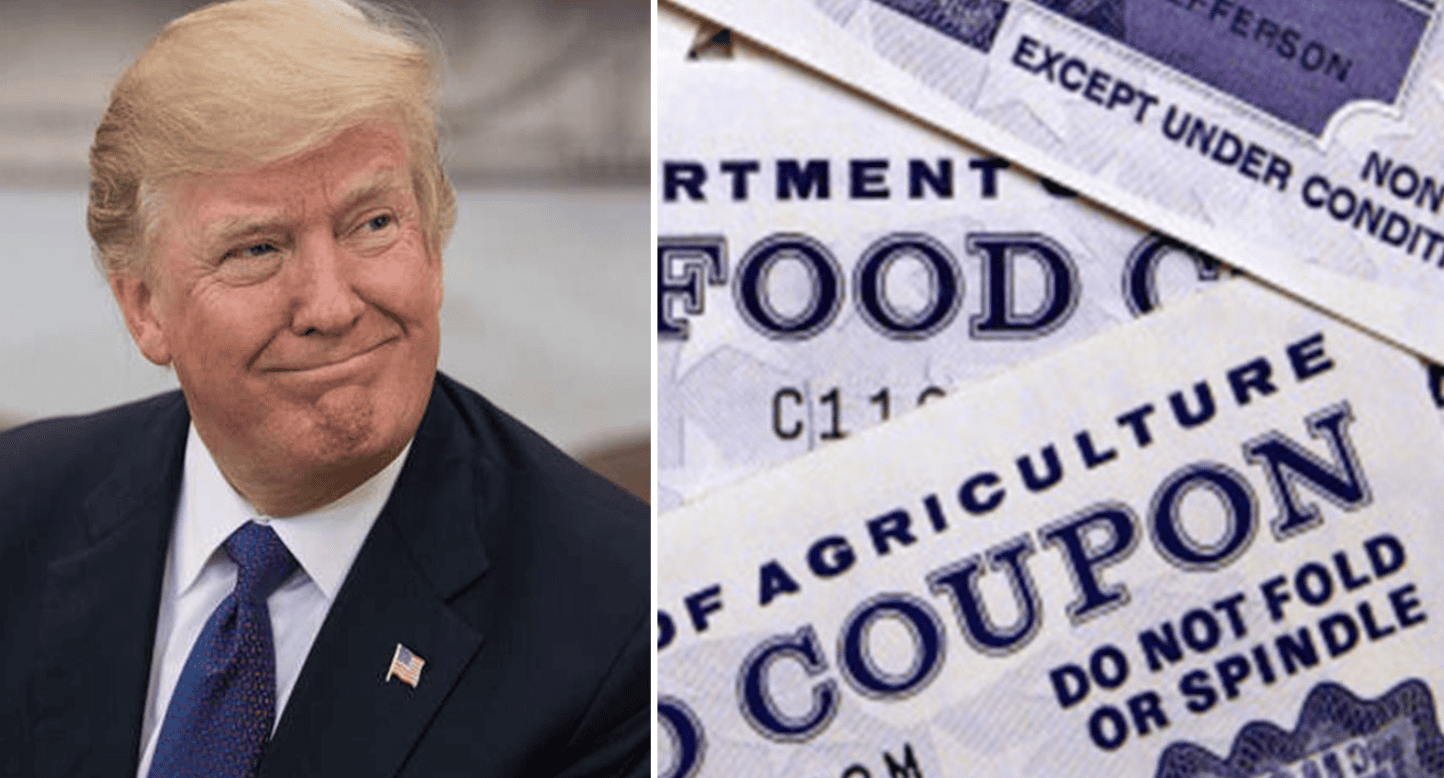The nation’s largest food aid program is on the brink of collapse as the ongoing government shutdown pushes into its third week, leaving tens of millions of Americans uncertain about where their next meal will come from.
Thank your friendly congressperson, or you know who, for this latest blunder of American governance.
According to Agriculture Secretary Brooke Rollins, the Supplemental Nutrition Assistance Program, commonly known as SNAP, is expected to run out of money by November 1 if Congress fails to reach a funding agreement. That means more than 42 million people who depend on monthly food benefits could lose access entirely.
The U.S. Department of Agriculture, which administers SNAP, has already warned states that full benefits cannot be issued next month without emergency funding or a last-minute deal. With Thanksgiving approaching and food prices still soaring, many low-income families are preparing for the worst.
SNAP currently provides an average of $188 per person each month, a lifeline for households already struggling to afford groceries. The agency’s emergency fund holds just $6 billion, well short of the $8.1 billion required to cover November payments. If no solution is reached, benefits could be halted completely.
The political gridlock between the Trump administration and congressional Democrats has left millions caught in the middle. Seventeen states have already paused new SNAP applications, and several, including Pennsylvania, are warning that November payments may not be distributed at all.
Other federal nutrition programs are also feeling the strain. WIC, which assists mothers and infants, narrowly avoided running out of money after a $300 million transfer earlier this month. But SNAP, which feeds six times as many people, has no such safety net.
Even if lawmakers restore funding, stricter eligibility requirements are set to take effect soon. Adults ages 18 to 64 without children will be required to work, volunteer, or participate in job training at least 20 hours a week or risk losing their benefits after three months. Veterans, who were previously exempt, will also be subject to the new rules.
If funding lapses, it would mark one of the most significant interruptions in the history of the SNAP program, potentially leaving grocery store shelves and kitchen tables empty for millions of Americans who depend on it most.

